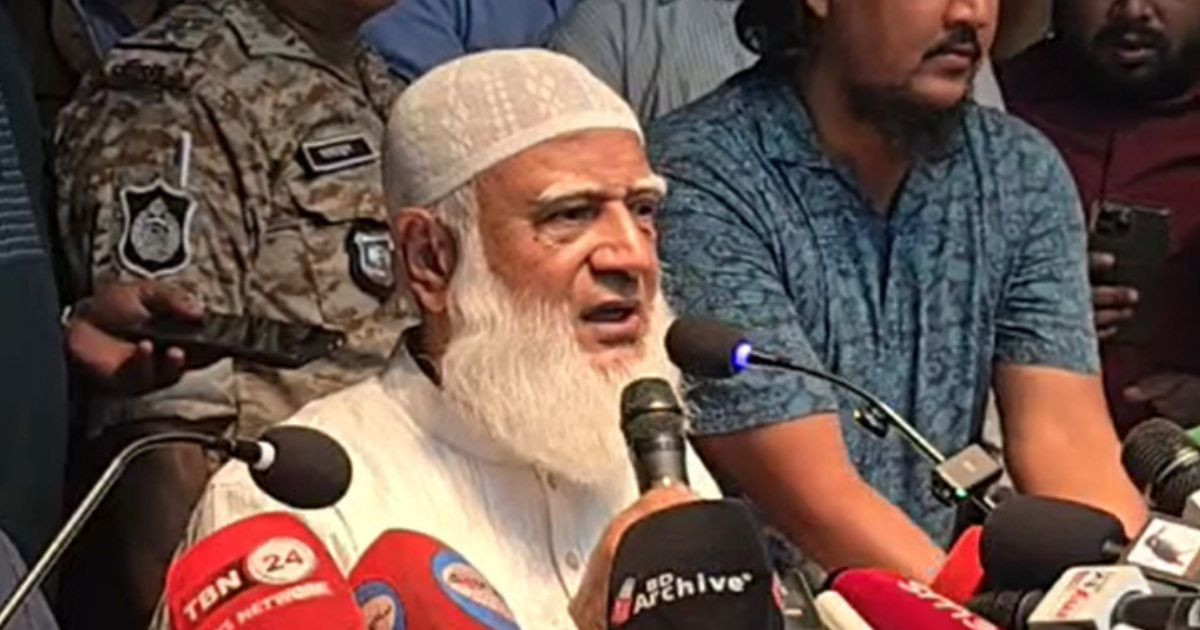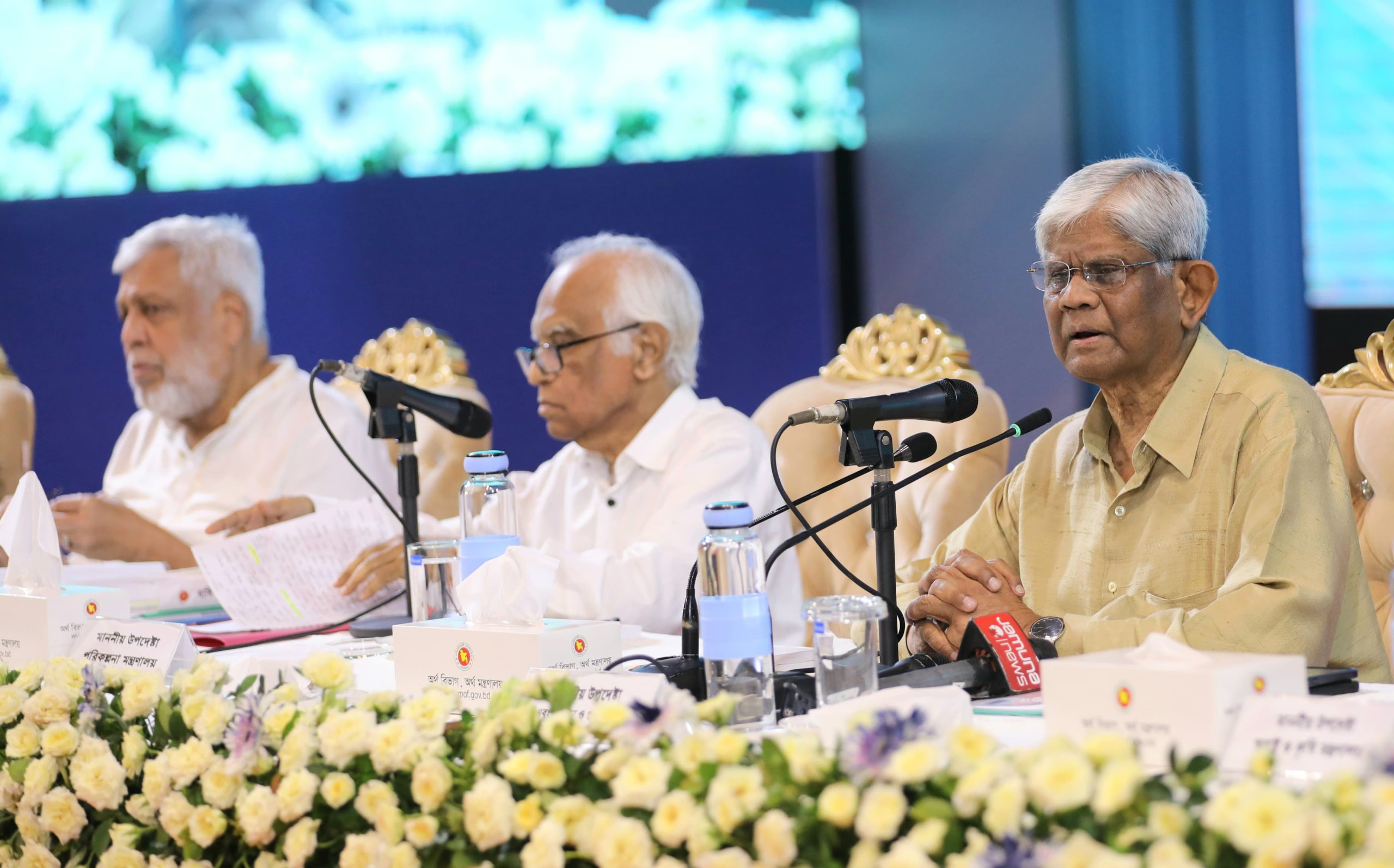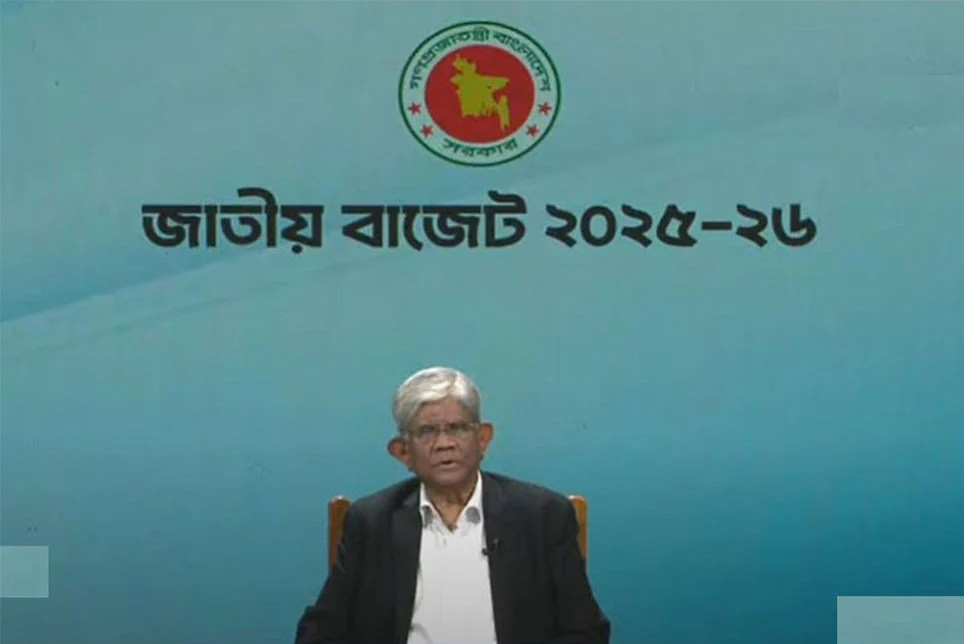
Jamaat-e-Islami has proposed that the upcoming national elections be held either in mid-February 2026 or immediately after the next Ramadan, stressing that the timeline should not extend beyond that.
Speaking to reporters after a meeting with Chief Adviser Professor
Muhammad Yunus at the State Guest House Jamuna on Saturday night (24 May), Jamaat Ameer Dr Shafiqur Rahman said, “We presented two possible timeframes — mid-February if reforms are completed in time, or right after Ramadan if additional time is needed. But we are not in favour of delaying the election beyond that point.”
He emphasized that the party has been consistently demanding necessary political reforms and transitional justice before any election is held. “We requested the Chief Adviser to announce two clear roadmaps — one for reform and another for the election. This is critical for transparency and confidence in the process,” he said.
A two-member Jamaat delegation, led by Dr Shafiqur Rahman and Nayeb-e-Ameer Syed Abdullah Muhammad Taher, met the Chief Adviser at 8:04pm.
The meeting lasted until around 9:30pm and focused on the political transition and election preparedness.
Dr Shafiqur pointed out that the people of Bangladesh have been deprived of their voting rights for nearly 16 years, and stressed that credible elections, following meaningful reforms, would restore that right. “If elections are held after ensuring reforms, people will regain their faith in democracy,” he said.
He also addressed recent political developments, referencing frustrations expressed by the Chief Adviser during a recent Advisory Council meeting. “He was visibly dissatisfied with the abnormal situation in the country, especially with two major political camps mobilizing around divergent demands. This had created an environment of uncertainty.”
However, Shafiqur noted that the political atmosphere has started to stabilize in recent days. “The tension has eased. This country belongs to everyone. If the country prospers, all will benefit.”
In a separate statement earlier, Nayeb-e-Ameer Syed Abdullah Muhammad Taher said Jamaat does not believe resignation of the Chief Adviser would help resolve the crisis. Instead, the party wants the next election to be held under Yunus’s leadership. “He must continue. The transition should happen under his stewardship,” Taher affirmed.
The meeting with Jamaat followed a series of high-level dialogues between the interim government and key political stakeholders, including the BNP and the National Citizen Party, as part of a broader effort to ensure inclusive and credible national elections.








